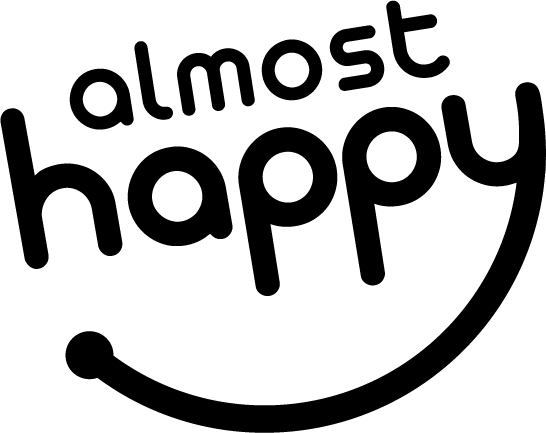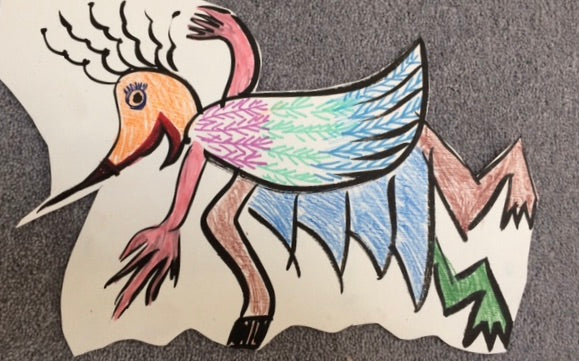Art therapy, music therapy, dance movement therapy and drama therapy are established recognised arts therapies in their own right. Some arts therapy trainings favour an integrative approach where any art form can be utilised to aid the therapeutic work. This may include puppetry, mask work, Voice Dialogue and Jungian Sandtray. In the United States, Shaun McNiff, Cathy Malchiodi and other colleagues introduced and developed Expressive Arts Therapy as an umbrella term to incorporate all the arts in therapeutic practice. Increasingly arts therapists are also finding their own creative forms with Digital Arts and Environmental Arts Therapy being part of a new movement to include other media and creative expressions.
So how does the use of humour and reverse psychology fit in? In this approach, developed from Provocative Therapy, the arts therapist uses humour and reverse psychology to activate change in awareness and behaviour. The therapist is not a comedian although comedy is the stimulant and often catalyst for change. When we laugh we relax our muscles, enhance our breathing and raise our ‘feel-good’ chemicals known as endorphins and encephalins. This can be an ideal psycho-physiological state in which to face some of our issues. As a visual as well as a mentalisation process, comedy generates a cognitive dissonance that encourages a new perspective to tackle difficulties; a way to provoke you to think differently.
Comedy as an art form has its roots in 16th Century Italy where a special type of improvised comedy theatre called Commedia Dell’Arte was developed. It involves four stock characters – comic servants, young lovers, self-important pedants and soldiers – each one recognisable by stylised costumes, distorted movements, masks and exaggerated gestures. In Provocative Therapy there are a range of tools or strategies which include ‘labelling and categorising’ the client into contemporary stock characters. We may use nicknames; congratulate the client; make absurd suggestions; exaggerate the problem out of proportion and more. These Provocative Tools mirror techniques used in Commedia Dell’Arte to amplify the person or predicament, often disproportionately. The Court Jester and many of Shakespeare’s Fools flourished from this comedic theatrical approach.
Thus comedy as an art form is also part of the historic and contemporary repertoire of expressive arts used therapeutically to activate change. Whereas most arts therapists are not trained in comedy, the ‘Dare We Laugh’ training workshops provide the structure and protocols so you can use humour safely in your client work. It does not necessitate a separate therapy training but is offered as a resource for further professional development for experienced arts therapy practitioners. While learning to harness spontaneity, improvisation and the absurd, while holding in mind the therapeutic objective, arts therapists incorporating humour into their work find they are less susceptible to burn-out and most importantly their clients are benefitting.
Hephzibah Kaplan.
Art Therapist /Co-author, Almost Happy


